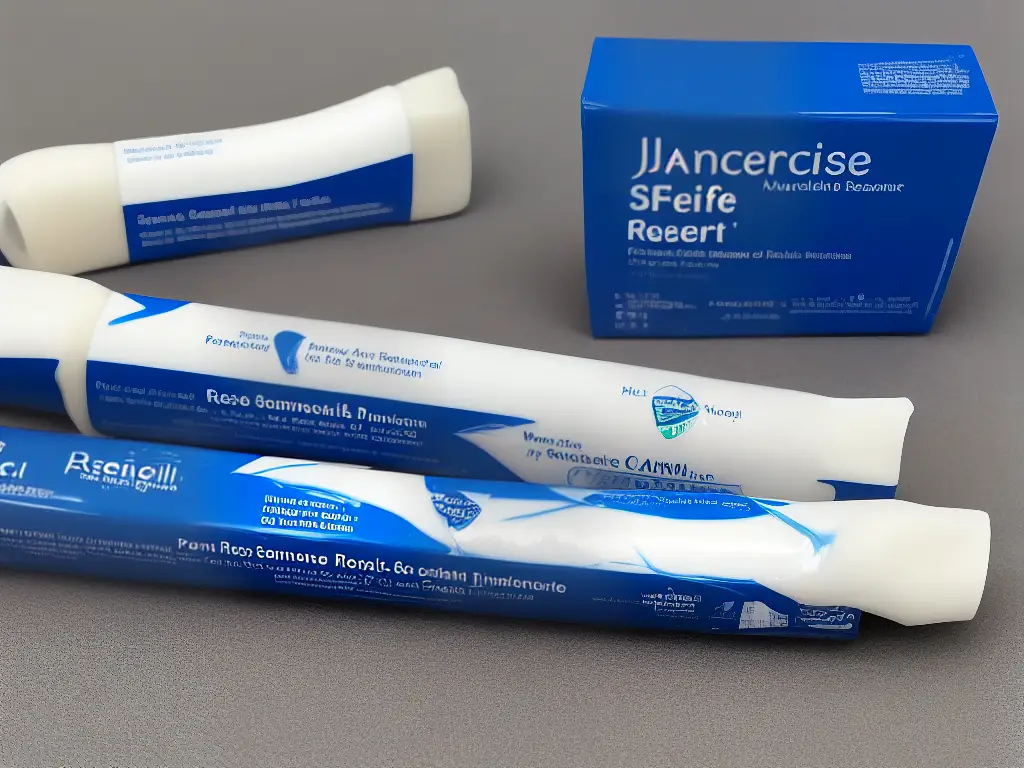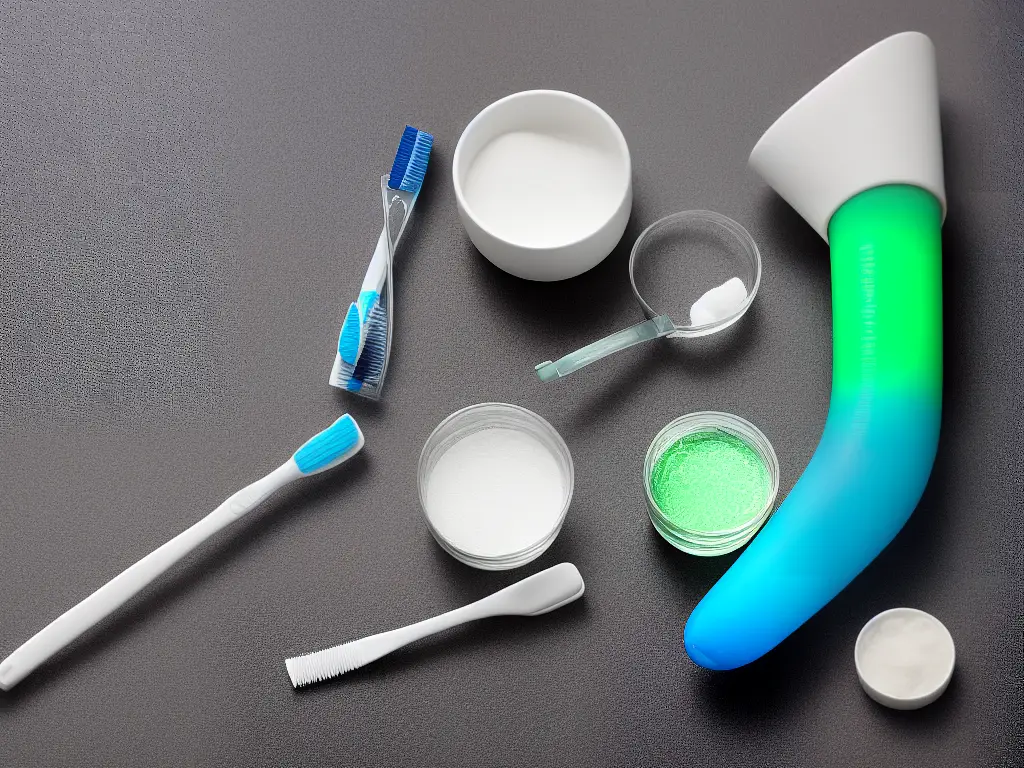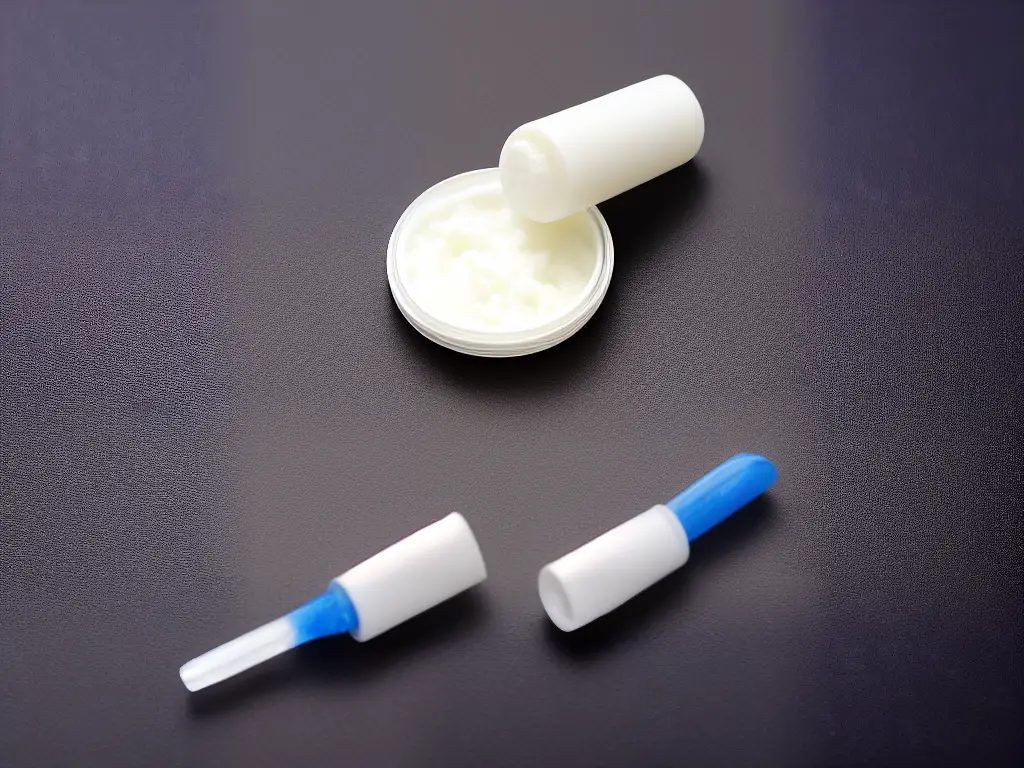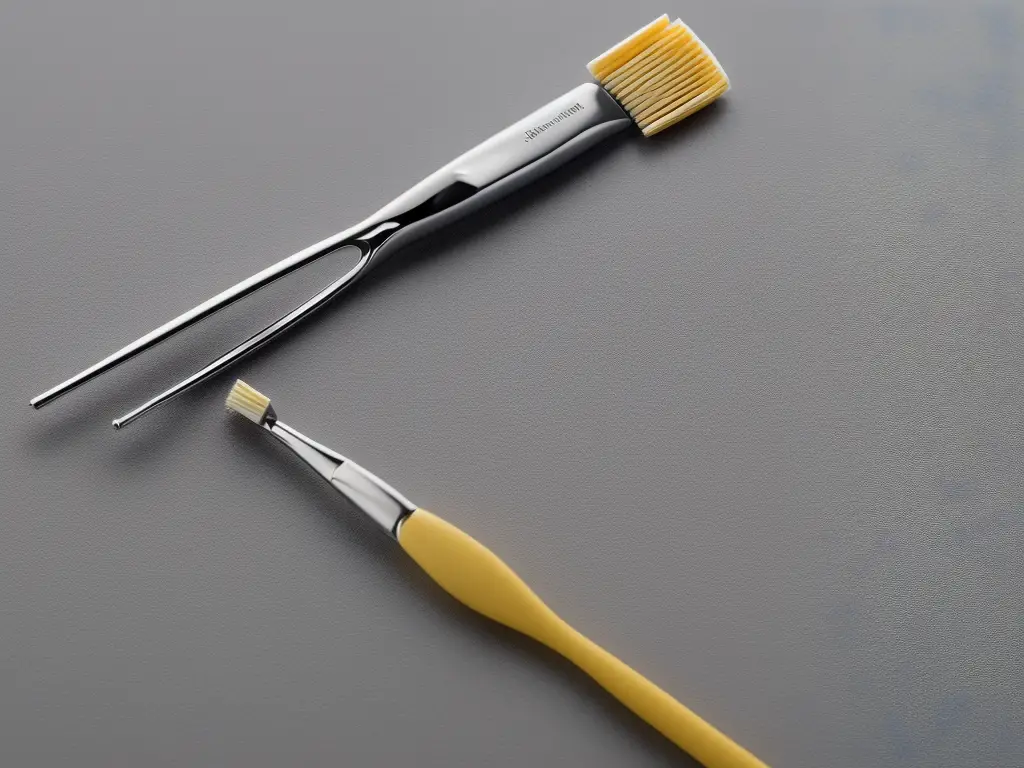Tooth sensitivity is a common dental issue that affects millions of people worldwide, often leading to significant discomfort and limitations in daily activities. As increased awareness about oral health is leading more people to seek knowledge and solutions for their dental problems, understanding sensitive teeth and their associated treatments is essential. This exploration into the world of sensitive teeth delves into various aspects of the issue and presents an array of effective ways to manage and alleviate sensitivity-related discomfort through the use of specialized toothpaste and other helpful oral hygiene practices.
Overview of Sensitive Teeth
Tooth sensitivity is an oral condition that affects millions of people worldwide, causing discomfort and pain when consuming hot, cold, sweet, or acidic foods and drinks. This sensitivity occurs when the protective layers of teeth, such as enamel and cementum, wear away, exposing the dentin layer underneath. The dentin contains tiny tubules that connect to the tooth’s nerve center, and when exposed to external stimuli, the nerves become irritated, leading to sensitivity and pain.
Various factors contribute to the development of tooth sensitivity, including aggressive tooth brushing, tooth grinding, and regular consumption of acidic foods and drinks.
One of the significant factors contributing to tooth sensitivity is worn tooth enamel. Enamel is the outermost protective layer of the tooth that shields the dentin from exposure. Over time, enamel can wear away due to poor oral hygiene, acidic diets, and overzealous brushing, among other factors. When the enamel thins, the dentin becomes exposed, leading to increased pain and sensitivity.
Another contributing factor to tooth sensitivity is tooth decay, commonly known as cavities. These occur when plaque, a sticky film of bacteria, builds upon tooth surfaces and produces acids that eat away at the tooth enamel. When tooth decay advances into the dentin layer, the nerves within the tooth become more vulnerable to external triggers like temperature and pressure, resulting in tooth sensitivity.
Gum disease, also known as periodontal disease, is another common cause of tooth sensitivity. Caused by harmful bacteria and plaque buildup along the gum line, gum disease can lead to inflammation, infection, and gum recession. As gums recede, the root surfaces of the teeth are exposed, and since these surfaces have less protective enamel than the tooth’s crown, sensitivity can increase. In some cases, gum disease can also cause bone loss around the tooth, further exacerbating tooth sensitivity issues.
Sensitive teeth toothpaste is formulated with active ingredients such as potassium nitrate or strontium chloride, which aim to decrease tooth sensitivity by blocking dentinal tubules and reducing nerve irritation. Moreover, these toothpaste formulations often include additional components to help strengthen tooth enamel, combat tooth decay, and prevent gum disease. Regular use of sensitive teeth toothpaste can provide relief for those experiencing tooth sensitivity, but it is crucial to consult with a dentist to ensure the underlying cause of sensitivity is properly identified and addressed.

Types of Sensitive Teeth Toothpaste
One of the key ingredients in sensitive teeth toothpaste is potassium nitrate, which effectively reduces tooth sensitivity by blocking pain signals transmitted by nerves in the teeth to the brain. This powerful chemical compound penetrates the enamel and dentin layers, reaching the nerve endings and alleviating the pain and discomfort associated with sensitive teeth. Toothpastes containing potassium nitrate typically have a concentration of about 5%, which is considered the optimal level for providing relief from tooth sensitivity.
Another active ingredient that is often used in sensitive teeth toothpaste is stannous fluoride. Stannous fluoride has been proven effective in reducing tooth sensitivity by forming a barrier along the openings of the tubules in the dentin, which are microscopic channels reaching the nerve endings. When these tubules are exposed to external stimuli such as hot or cold temperatures or acidic substances, we experience tooth sensitivity. In addition to blocking these tubules, stannous fluoride also helps in strengthening the enamel and fighting against decay by making it more resistant to acid attacks.
Different types of toothpaste formulated for sensitive teeth combine these active ingredients with others that help to maintain the health of your teeth and gums, such as antimicrobial agents that fight the bacteria responsible for gum disease and bad breath. These toothpastes also often include abrasive agents like hydrated silica, which help to gently remove stains and plaque from the surface of the teeth without causing further damage to the already sensitive enamel and dentin.
Apart from potassium nitrate and stannous fluoride, newer sensitive toothpaste formulations now utilize other desensitizing agents, such as calcium sodium phosphosilicate (NovaMin) and arginine. Calcium sodium phosphosilicate forms a hydroxyapatite-like substance upon contact with saliva, which physically seals off exposed dentin tubules to reduce sensitivity. Simultaneously, arginine, an essential amino acid, interacts with plaque biofilm to block receptors that cause pain, offering yet another desensitizing mechanism.
Finding the most suitable toothpaste for sensitive teeth can be based on personal preference and individual needs. It is recommended that you consult your dentist to help identify which toothpaste formulation will be most effective in addressing your specific sensitivity concerns. Your dentist may suggest alternating between different types of toothpastes to maximize the benefits of each active ingredient while minimizing any potential side effects.

How Sensitive Teeth Toothpaste Works
It is important to consider that tooth sensitivity is a prevalent dental issue affecting a significant proportion of the adult population worldwide. Sensitive teeth typically occur when the enamel, which acts as the outer protective layer of the tooth, wears down and exposes the vulnerable dentin underneath. Therefore, selecting the right toothpaste is essential to help alleviate tooth sensitivity and maintain overall oral health.
Dentin is a porous material containing microscopic tubules that lead to the tooth’s nerve center. When these tubules are exposed to external stimuli such as hot or cold temperatures, sweet or acidic foods, and even aggressive tooth brushing, they can transmit signals to the nerve, leading to pain and discomfort.
Sensitive teeth toothpaste is specifically formulated to alleviate this discomfort by targeting the exposed tubules and forming a protective barrier on the surface of the teeth.
The active ingredient in most sensitive teeth toothpastes is either potassium nitrate or strontium chloride. These compounds work by either blocking the transmission of pain signals from the nerve or by occluding the dentin tubules, which helps prevent external triggers from reaching the tooth’s nerve center.
Potassium nitrate, for example, penetrates the dentin tubules and gradually numbs the nerve endings inside the tooth. This reduces or eliminates the nerve’s ability to send pain signals to the brain in response to external stimuli. Meanwhile, strontium chloride binds to the tooth’s surface and helps create a seal that covers and protects the exposed dentin tubules. This seal acts as a physical barrier, preventing external triggers from entering the tubules and accessing the nerve fibers.
In addition to these active ingredients, sensitive teeth toothpaste may also contain other beneficial additives. These can include fluoride, which strengthens the tooth enamel and helps prevent further erosion, and triclosan, an antibacterial agent that helps to minimize plaque formation and reduce gum inflammation. Some toothpastes also contain abrasive particles to help remove stains and surface debris without damaging the tooth enamel.
Regular use of sensitive teeth toothpaste can provide ongoing relief from discomfort associated with tooth sensitivity. This sensitivity originates from the exposure of the dentin layer, which lies beneath the enamel, due to factors like enamel erosion, receding gums, or even structural issues in the teeth. Sensitive teeth toothpaste is specially formulated with compounds like potassium nitrate or strontium chloride that work by temporarily blocking the tiny channels (called tubules) in the dentin layer, preventing nerve irritation and reducing sensitivity.

Effectiveness and Limitations of Sensitive Teeth Toothpaste
However, the effectiveness of the toothpaste varies among individuals and may be affected by factors such as the severity of the sensitivity, the cause of the enamel loss, and proper tooth brushing techniques. Therefore, it is essential to consult with a dental professional to address any underlying dental conditions and receive personalized recommendations for effective tooth sensitivity management. By doing so, individuals suffering from tooth sensitivity can optimize their oral care routine and experience improved comfort while maintaining proper dental hygiene.
The effectiveness of sensitive teeth toothpaste can vary depending on individual factors, such as the severity and cause of tooth sensitivity. Most people experience relief after a few weeks of consistent use, but some may require a longer duration before they notice significant improvement. It is crucial to remain patient and continue applying the toothpaste as directed, either twice daily or as recommended by a dentist.
Although sensitive teeth toothpaste can provide relief from sensitivity, it usually only offers temporary respite. This is because the active ingredients in the toothpaste are gradually washed away over time. For example, the potassium nitrate and strontium chloride in the toothpaste work by blocking the tubules in the dentin layer of the tooth, but their effect diminishes with each brush, necessitating continued use to maintain effectiveness. To achieve long-lasting relief, users need to consistently use the toothpaste every day. Missing out on applications could lead to diminishing results and returning sensitivity.
It is important to consider that sensitive teeth toothpaste has limitations. While it can help manage sensitivity caused by exposed dentin, it might not be as effective in addressing other causes of tooth pain. For instance, if the sensitivity is due to structural issues such as cracked teeth or an infection, the toothpaste may not provide significant relief. In such cases, it is vital to consult a dentist for a diagnosis and appropriate treatment.
Maintaining good oral hygiene habits and addressing any contributing factors that may exacerbate tooth sensitivity can go a long way in ensuring healthy teeth. For example, avoiding acidic foods and beverages that can erode the enamel, using a soft-bristled toothbrush, and not brushing too aggressively can prevent further damage to the teeth. Regular dental check-ups can also identify and treat any potential issues before they escalate, reducing the reliance on sensitive teeth toothpaste for relief. While sensitive teeth toothpaste can provide effective temporary relief, it is crucial to address the underlying cause and maintain excellent oral care habits for long-term improvement.

Oral Hygiene Practices for Sensitive Teeth
Tooth sensitivity can be an uncomfortable condition that affects many individuals, but implementing proper oral hygiene practices into one’s daily routine can help alleviate this issue. One surefire way to maintain good oral health is to use the right brushing technique. Dentists typically recommend placing the toothbrush at a 45-degree angle to the gum line, and gently using circular motions to clean all surfaces of the teeth. By following this technique, individuals can minimize the risk of enamel erosion or gum line recession, which often leads to increased tooth sensitivity, and thereby potentially decreasing the need for sensitive teeth toothpaste.
Using a soft-bristled toothbrush is another key factor in maintaining oral health for those with sensitive teeth. A toothbrush with hard or medium bristles can cause damage to the tooth enamel and irritate the gums, resulting in heightened sensitivity. Always choose a toothbrush marked as soft or extra-soft, and replace the brush every three to four months, as bristles can become frayed and less effective over time. For individuals with particularly sensitive teeth, an electric toothbrush with a pressure sensor can be a helpful tool, as it will ensure that the appropriate amount of pressure is used during brushing.
In addition to proper brushing techniques, using a toothpaste specifically designed for sensitive teeth can contribute to better overall oral hygiene. Such toothpastes typically contain ingredients like potassium nitrate or stannous fluoride, which work to block the microscopic tubules present in the dentin layer of the teeth, thereby reducing sensitivity. When using a sensitive teeth toothpaste, it is important to continuously use it as part of one’s daily routine, as the effects can wane if usage is stopped.
Regular dental check-ups and cleanings are also crucial in maintaining good oral health and managing tooth sensitivity. Dental professionals will be able to monitor and address any issues such as gum disease, tooth decay, or cracks in the teeth, which could all contribute to tooth sensitivity. Additionally, your dentist may recommend fluoride treatments or the application of sealants to further protect your teeth against sensitivity.
Tooth sensitivity is an issue faced by many individuals, which occurs when the tooth’s enamel is worn down or the gums have receded, exposing the tooth’s dentin. While sensitive teeth toothpaste aims to provide relief, there are other alternative remedies and treatments that can be explored, including professional treatments and home remedies.

Alternative Remedies and Treatments for Sensitive Teeth
Aside from using sensitive teeth toothpaste, implementing certain oral hygiene practices can help reduce tooth sensitivity and improve overall dental health. Measures such as limiting the consumption of acidic foods and beverages, using a mouthguard if teeth grinding is an issue, and practicing proper flossing techniques can have a significant impact. Embracing these habits will not only alleviate discomfort but also contribute to a brighter, healthier smile.
One professional treatment option includes the application of desensitizing agents, which can be administered by a dentist. These agents work by blocking the tubules in the dentin, thus reducing the tooth’s sensitivity to external stimuli, such as hot or cold beverages. Some common desensitizing agents include fluoride varnishes and gels, which can be applied directly to the affected teeth. While these treatments are effective for many individuals, it is important to consult with a dentist to determine the appropriate course of action based on individual needs.
Another professional treatment option for sensitive teeth is dental sealants. Dental sealants are a thin, protective coating applied to the tooth’s chewing surface, which helps prevent tooth decay and reduce sensitivity. Dental sealants are a long-lasting and relatively inexpensive option in comparison to other treatments. However, it is essential to note that dental sealants may not be suitable for everyone, depending on the individual’s dental health, and consultation with a dentist is necessary.
Bonding, also known as resin bonding or composite fillings, is yet another professional treatment for sensitive teeth. In this treatment, a tooth-colored resin material is applied to the tooth’s surface, which is then hardened with a curing light, effectively sealing the exposed dentin. Bonding can diminish sensitivity, as well as improve the tooth’s appearance. However, bonding may need to be replaced over time, and a dentist can provide information on the appropriate materials and applications for each individual case.
For those who prefer home remedies, natural toothpastes can provide relief for sensitive teeth. Some natural toothpaste formulations contain ingredients such as potassium nitrate or strontium chloride, which are known to help reduce tooth sensitivity. Another popular home remedy is the use of clove oil, which has been used for centuries for its antiseptic, analgesic, and anti-inflammatory properties. Applying a small amount of clove oil to a cotton swab and dabbing it on the affected teeth can help alleviate sensitivity temporarily. However, it is important to consult with a dentist before beginning any home remedies, as individual circumstances may vary and some treatments may not be suitable for specific dental conditions.

Overall, managing sensitive teeth requires a comprehensive approach that encompasses appropriate toothpaste choices, proper oral hygiene practices, and awareness of alternative remedies and treatments. Individuals who are proactive in addressing tooth sensitivity can find relief and ultimately improve their oral health. By integrating the knowledge obtained about various types of sensitive teeth toothpaste, their mode of action, effectiveness, limitations, and additional strategies to reduce sensitivity, individuals can make informed decisions that best suit their dental needs and enhance their quality of life.